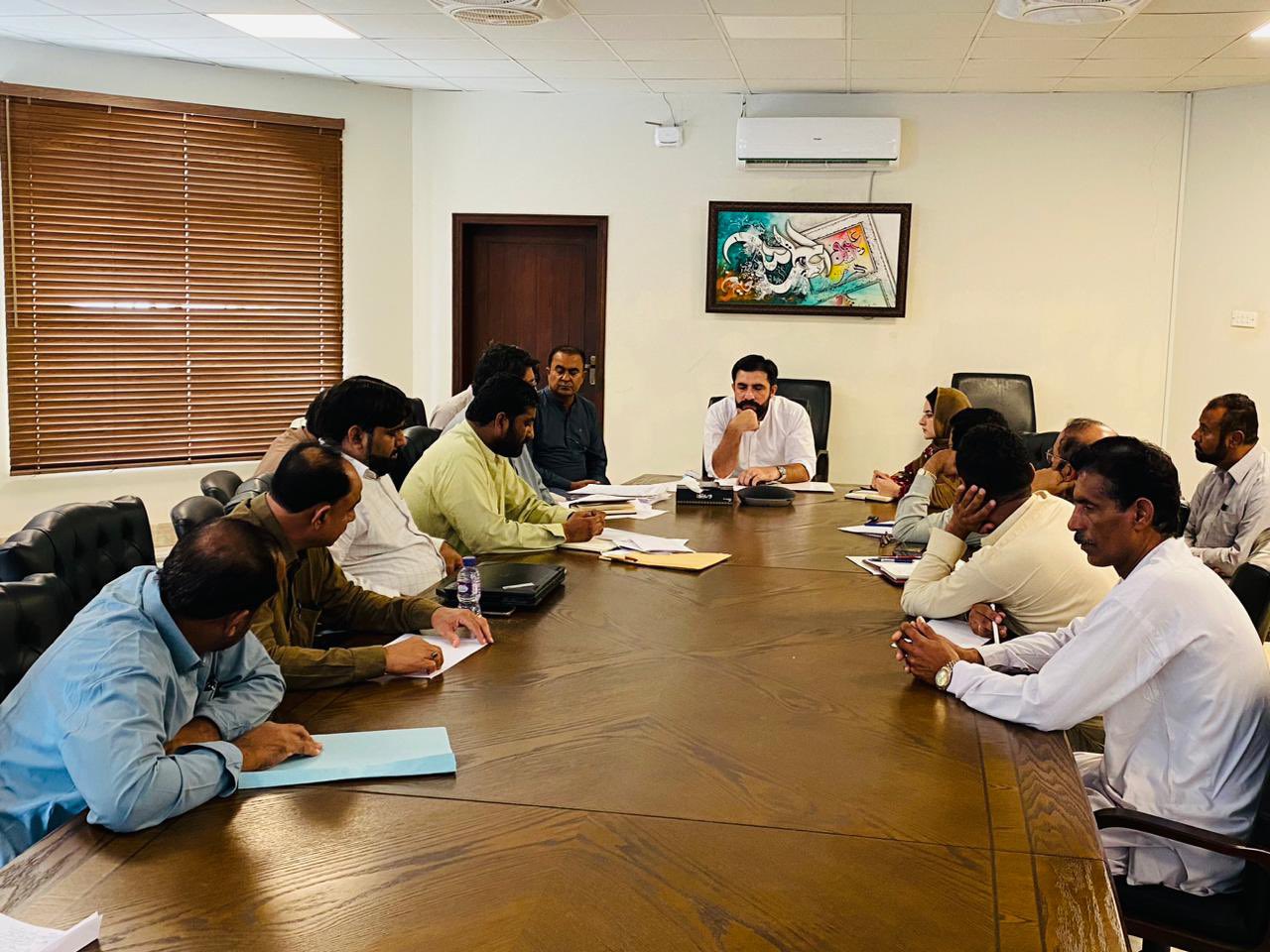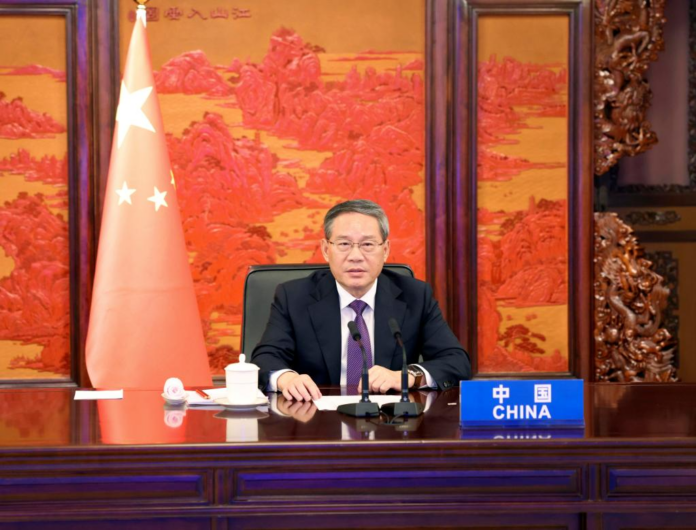Transforming Gwadar: Land Record Digitization Paving the Way for Progress
In a significant stride towards modernization, Gwadar is undergoing a revolutionary transformation through the computerization of its land records. Deputy Commissioner Aurangzeb Badini recently announced that this monumental task is currently underway, marking a pivotal moment in the district’s development.
A review meeting held on Thursday showcased substantial progress, with 32% of Gwadar’s land records already computerized. This shift from manual to Information and Communication Technologies (ICT) solutions promises to resolve longstanding land disputes and litigations in the area, according to Badini.
The implications of this digital overhaul extend far beyond mere record-keeping. It is envisioned as a catalyst for Gwadar’s advancement, providing online accessibility, instituting robust backup systems, and heralding an era of paperless government offices.
The digitization of land records is poised to significantly reduce land disputes, ultimately fostering economic growth by bolstering trade and agriculture. Its pivotal role in the Gwadar smart city plan highlights its importance in shaping the region’s future.
This initiative in Baluchistan, particularly in Gwadar, signifies a monumental shift in administrative processes. It seeks to augment transparency, curb corruption, and prevent land grabbing, laying the groundwork for a more equitable future.
The larger initiative encompasses the digitization of all government departments, aiming to provide digital facilities across Gwadar, Pishin, Jaffarabad, and Quetta. This encompasses individual registries, digital maps, land tax collection through SMS services, and more.
Since 2017, concerted efforts have been underway to convert manual land records into computerized ones, ensuring convenience for the public. The upcoming centralized facilities are envisioned to offer a multitude of services, including instant registry entries, digitized land maps, and avenues for public complaints.
Looking ahead, the goal is to streamline operations through a one-window operation, making facilities easily accessible to the public. This will fundamentally transform the traditional approach of dealing with Patwaris or Tehsildars, offering a direct route for land-related matters.
The ongoing digitization of land records signifies a momentous leap forward for Gwadar, setting the stage for enhanced governance, sustainable development, and a more empowered community. It’s a stride towards a future where technology empowers progress, transparency, and accessibility for all.

















